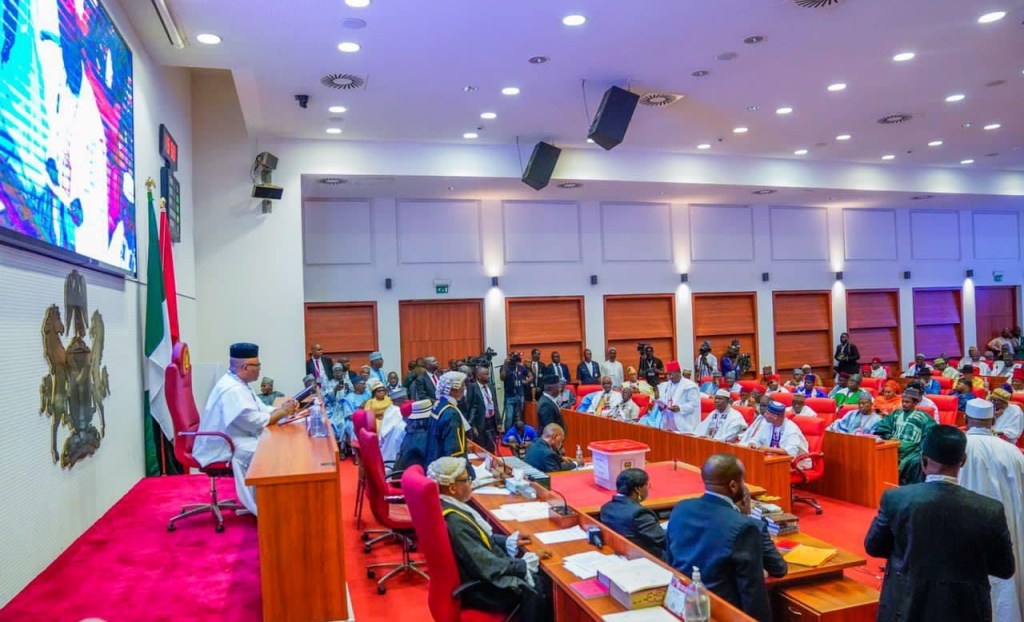The Senate has assured its commitment to providing quality education that will boost the economic viability of Nigerians, aligning with the present administration’s Renewed Hope agenda.
Senator Aliyu Ahmed Wadada, representing Nasarawa West, gave this assurance while briefing newsmen on the rationale behind presenting a bill for the establishment of an educational institution at this time.
Aliyu Wadada said such a bill was very critical to the development of the educational system, aimed at strengthening economic activities rather than an educational system that has no correlation with the economic viability of the country.
”Our mindset needs to change so that any plans we make for the future align with present realities”.
He emphasized that young Nigerians require vocational and technical education to enhance their capabilities and become self-sufficient and resilient, rather than relying solely on white-collar jobs after their educational pursuits.
The Senator explained that these factors, among others, motivated him to sponsor and present a bill during the senate plenary session to amend the Agricultural Research Council of Nigeria Act.
”The amendment aims to establish the Federal College of Fisheries and Aquatic Sciences in Umaisha, Toto Local Government Area of Nasarawa State,” Aliyu Wadada said.
He added that what come to his mind was the urgent need to develop and harness the natural endowment of the area for economic development,
According to him, observing how Umaisha Area is situated along an avenue where a gigantic river passes through to the River Niger, there is a need to seize the opportunity to have a multiplier effect on the lives of young Nigerians in that area.







